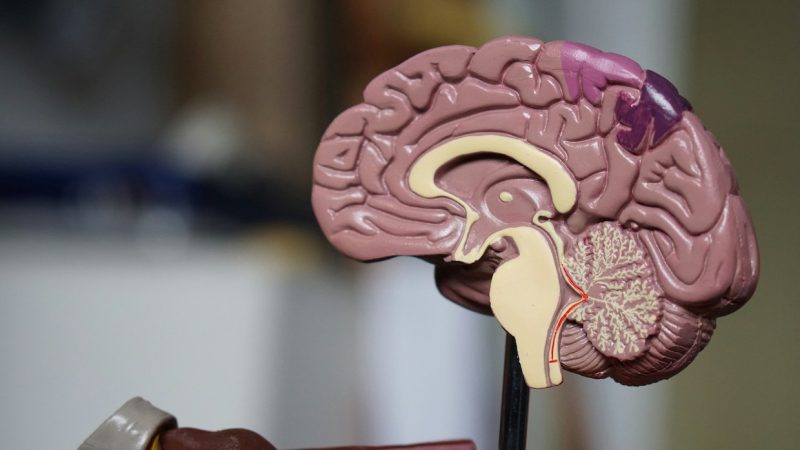
What is Unconscious Bias?
in COMMUNICATION + RELATIONSHIPS
Understanding unconscious bias is pivotal to tackling diversity and inclusion. It restricts our ability to make fair decisions and gets in the way of our seeing all the available information. Here’s more about it:
- It forms without our knowledge: Unconscious bias refers to the automatic and unintentional judgements we make about others based on characteristics such as race, gender or age. Unlike conscious prejudices, these biases operate beyond our awareness, influencing our thoughts, decisions and behaviours outside our deliberate control.
- It’s rooted in stereotypes: Unconscious bias stems from stereotypes and cultural conditioning ingrained in us from an early age. These biases shape our perceptions, often leading to unfair judgements of others or discriminatory actions towards them, even when we consciously reject such beliefs.
- It can impact on decision-making: Unconscious bias infiltrates many aspects of work, including hiring processes, performance evaluations, and interpersonal interactions. Despite our best intentions, biases can sway our decisions, perpetuating inequality and restricting opportunities for marginalised groups.
- Types of bias: Unconscious bias manifests in varied forms, such as affinity bias (favouring those similar to oneself), confirmation bias (seeking information that confirms existing beliefs), and the halo effect (attributing positive traits to certain groups). Recognising these biases is crucial in mitigating their adverse effects.
- Implicit Association Test (IAT): Tools like the Implicit Association Test (IAT) help unveil implicit biases by measuring the strength of associations between concepts. While imperfect, such assessments offer insights into our subconscious and facilitate self-awareness.
Education and heightened awareness are potent tools for confronting unconscious bias. By fostering a culture of continuous learning, encouraging critical self-reflection, and promoting open dialogue, individuals and organisations can dismantle biases and pave the path toward genuine inclusivity and equality.
Please take a look at relevant training courses from Realise:
BIAS: Understand and tackle the effects of unconscious bias
BIAS AT WORK: Recognise and challenge bias in your teams and work
